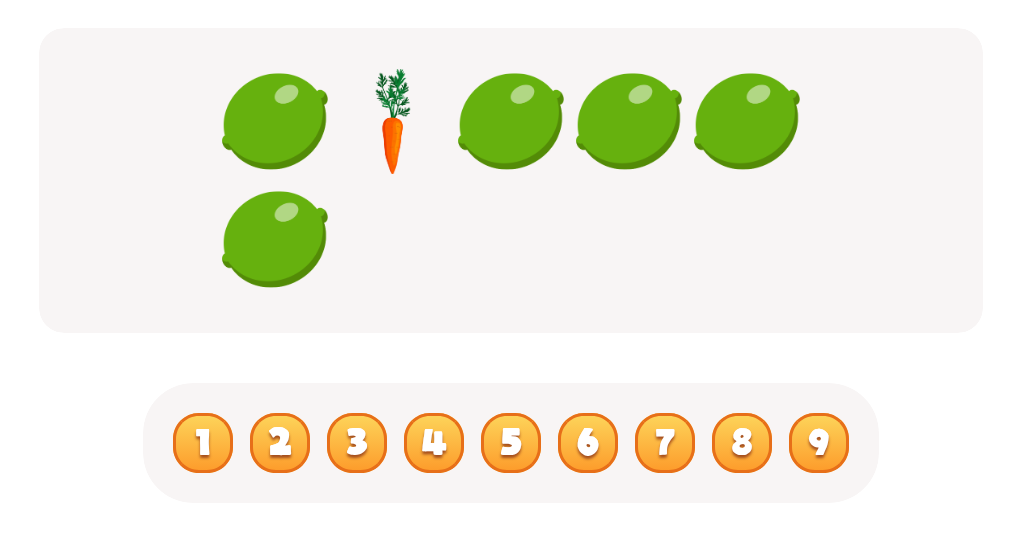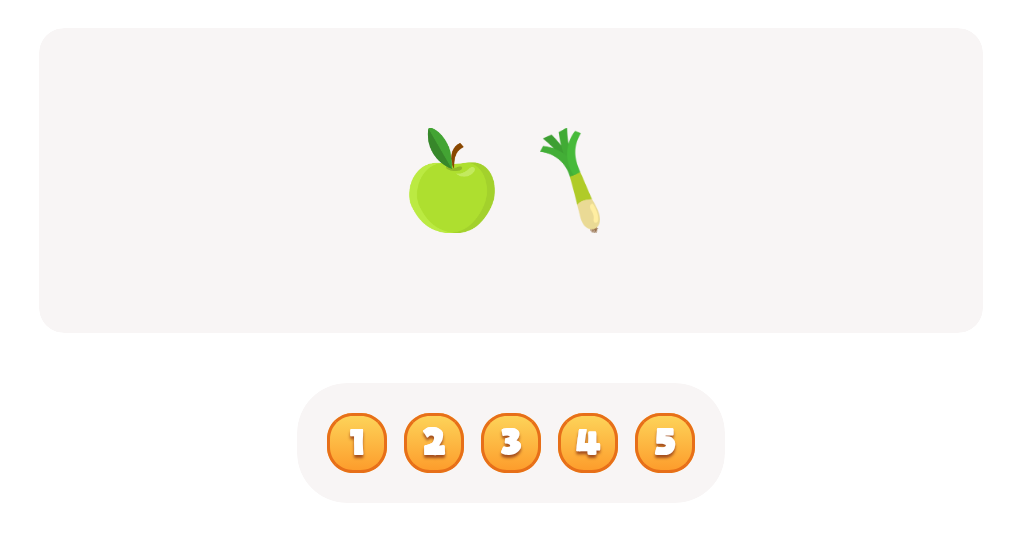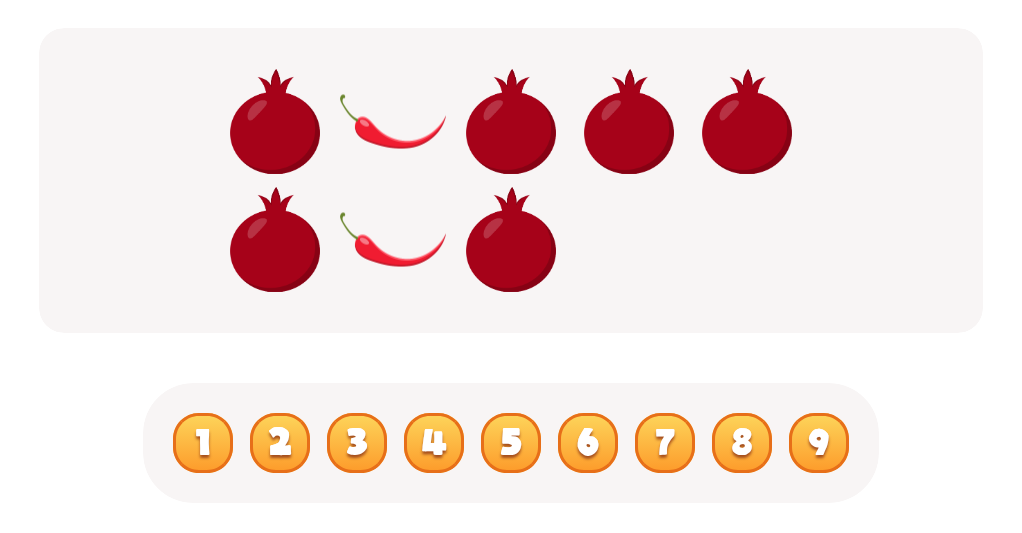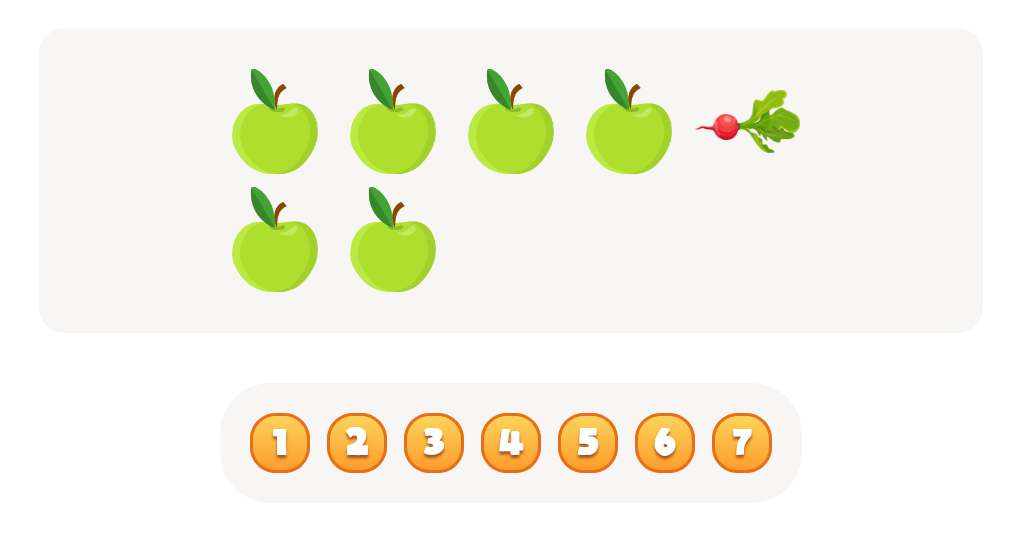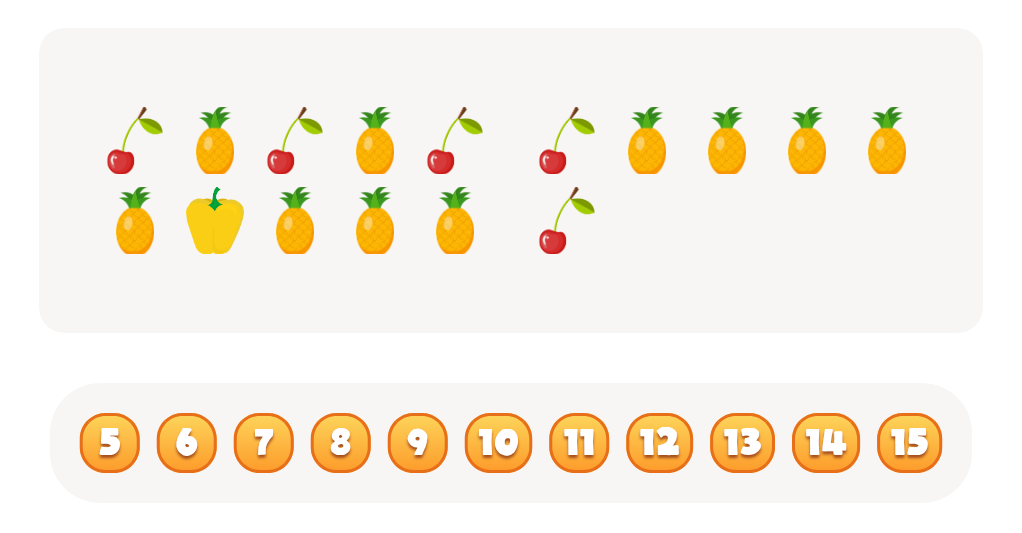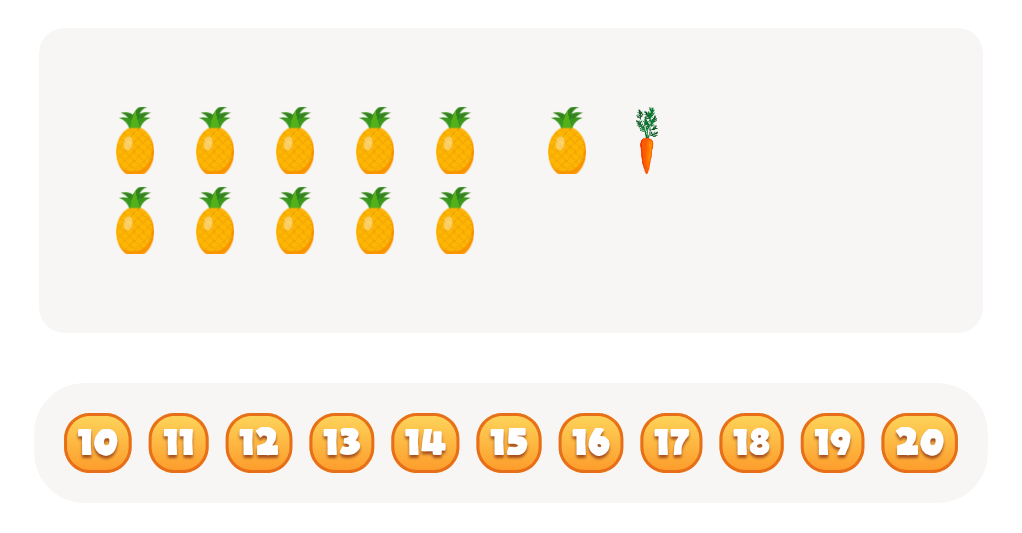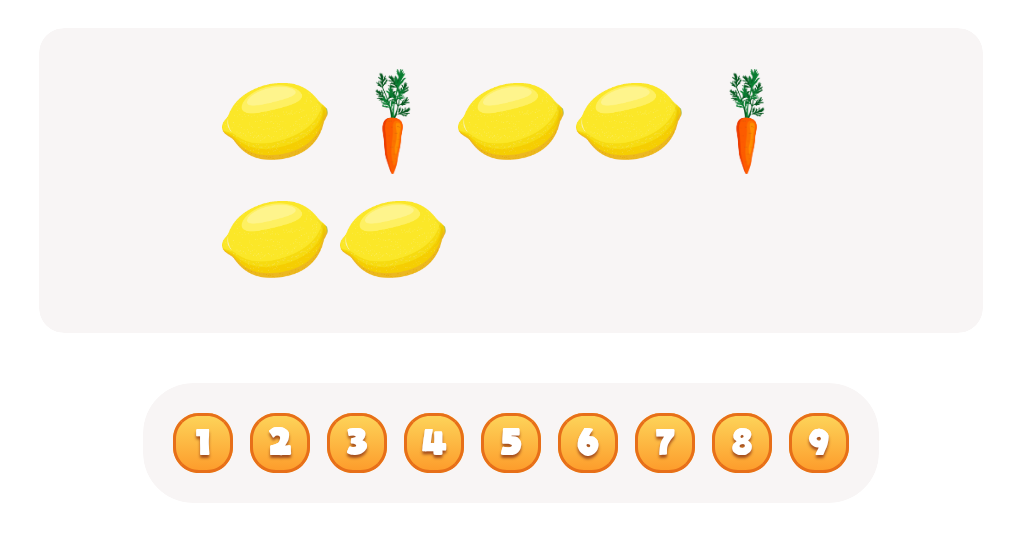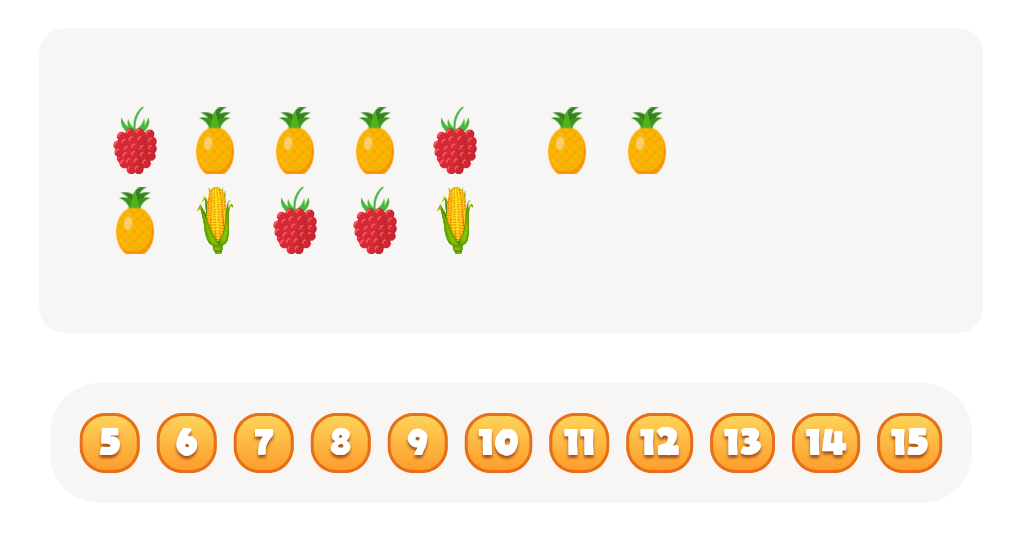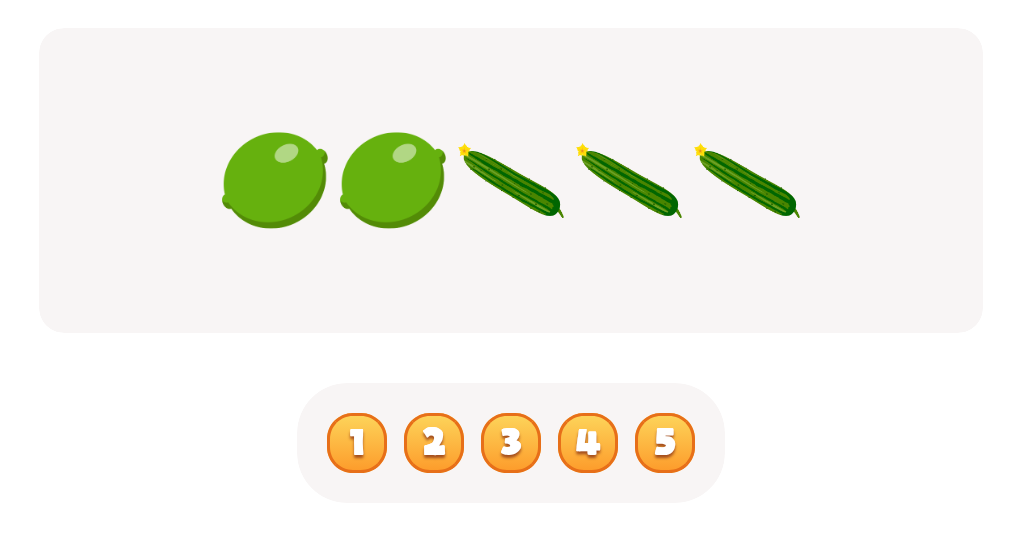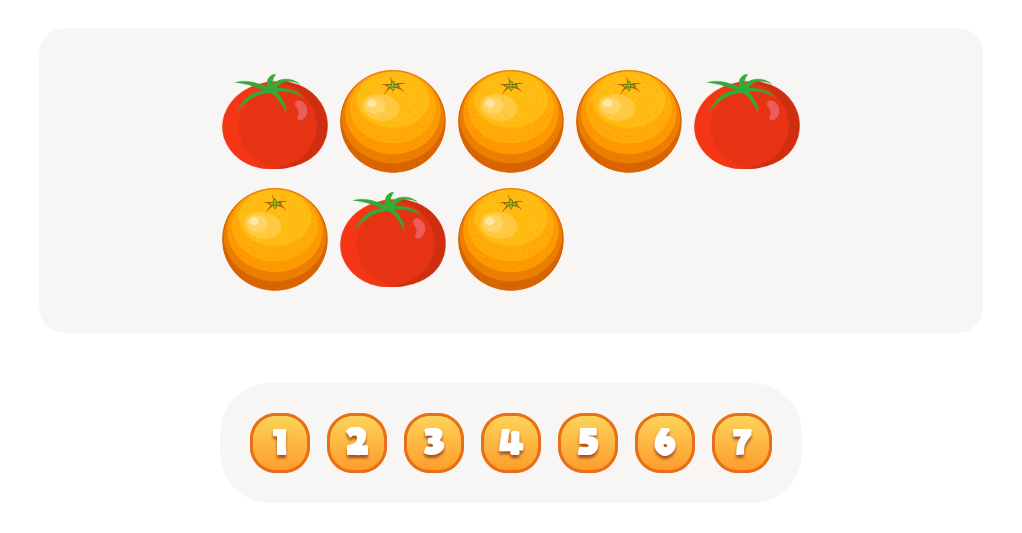Cognitive Development Normal Plants and Animals Worksheets for Ages 7-9
5 filtered results
-
From - To
Explore our engaging Cognitive Development Worksheets focused on plants and animals, designed specifically for children aged 7-9. These printable resources foster critical thinking and problem-solving skills by encouraging young learners to understand the relationships and characteristics of various species. Through interactive activities and thought-provoking questions, children will enhance their knowledge of plant and animal biology while developing cognitive abilities. Ideal for classroom use or home learning, our worksheets provide an enjoyable way to deepen their scientific understanding and stimulate curiosity about the natural world. Perfect for future scientists, these materials promote exploration and lifelong learning! Dive in and elevate their education today!
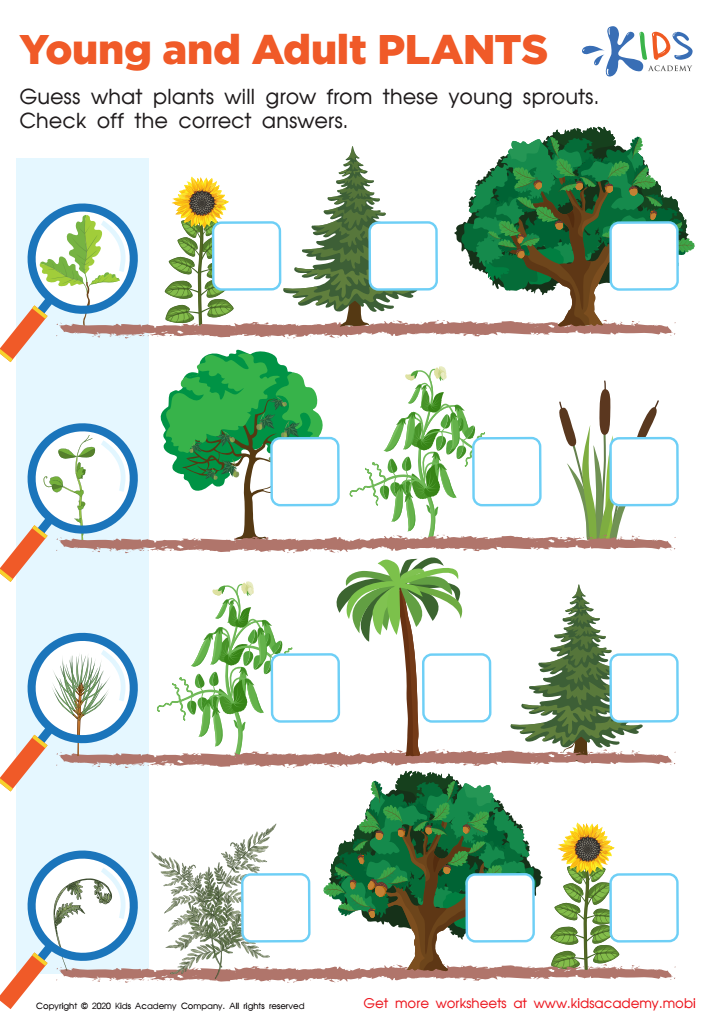

Young and Adult Plants Worksheet
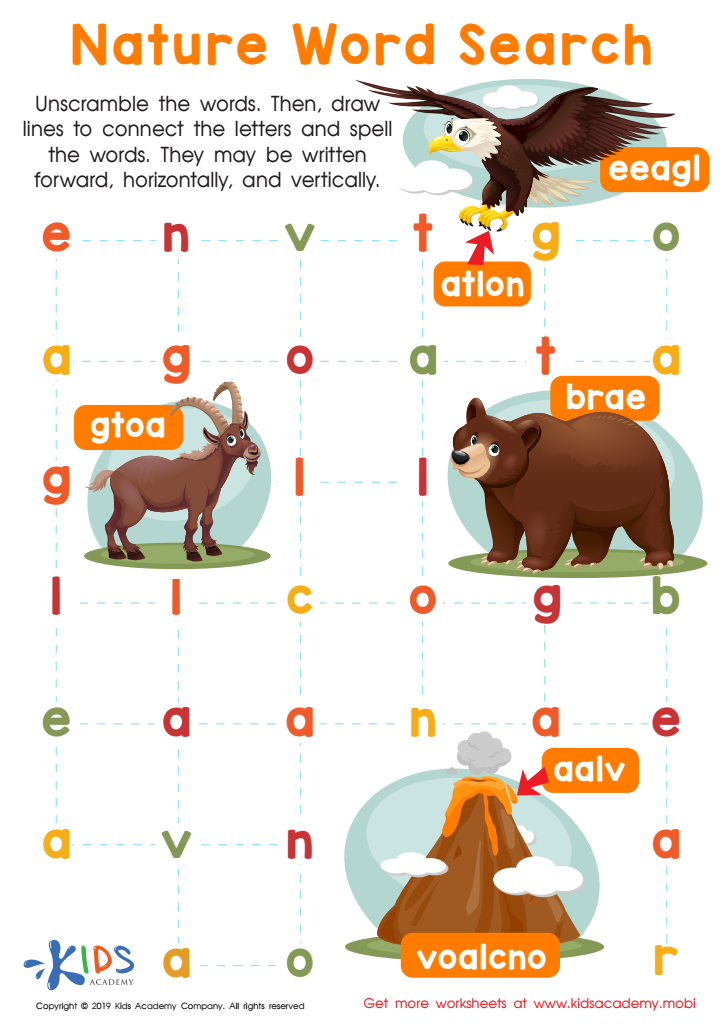

Nature Word Search Worksheet
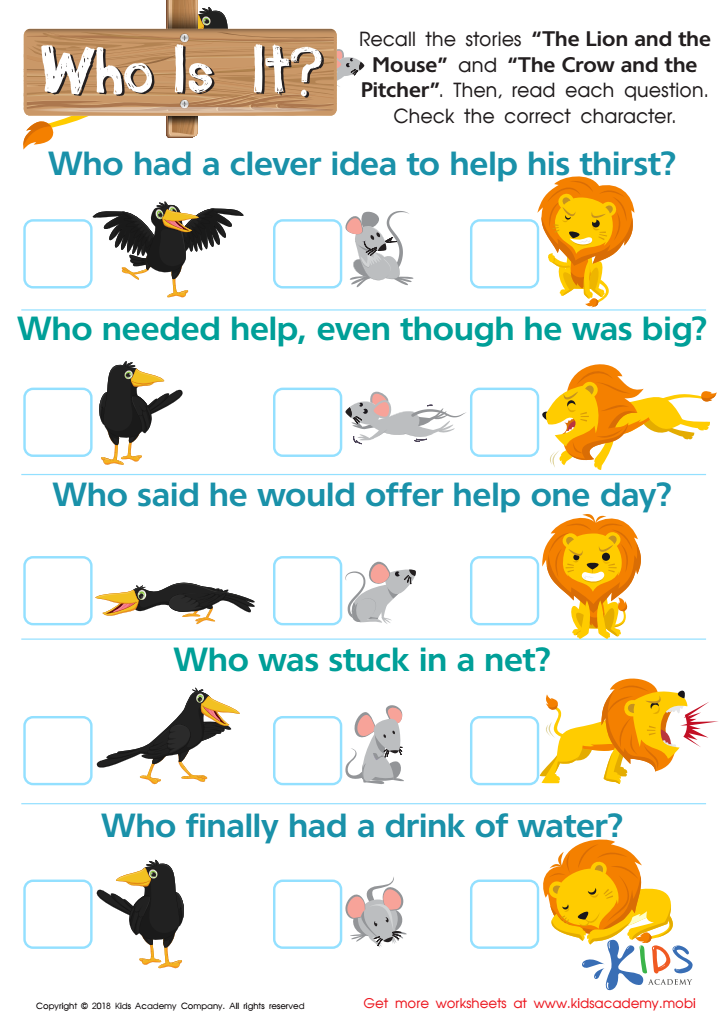

Who Is It? Worksheet
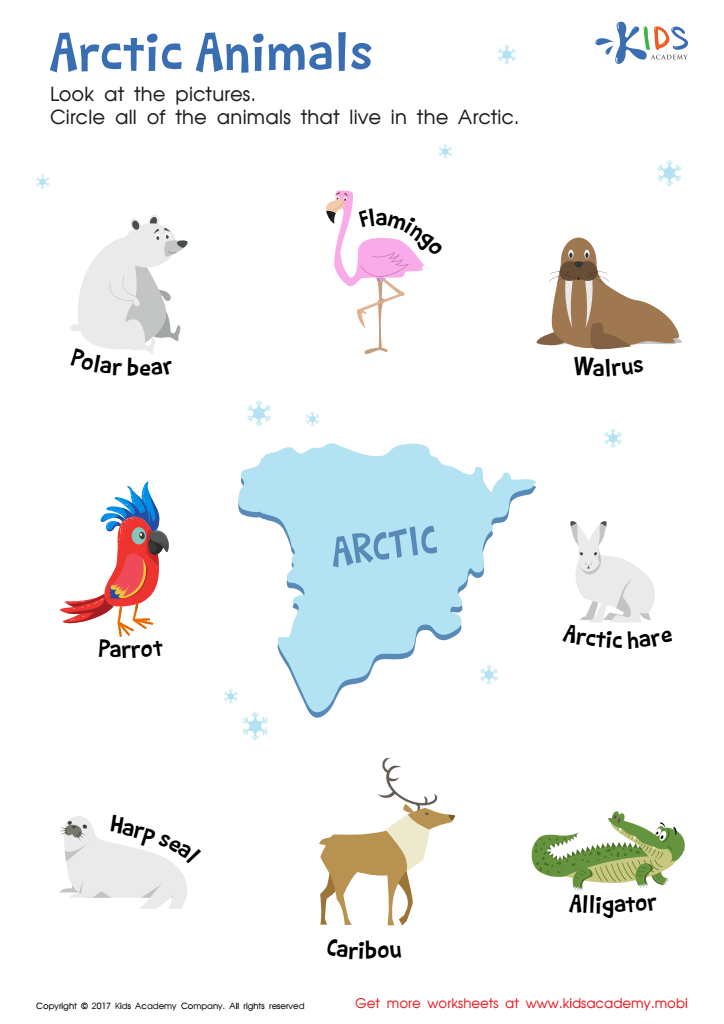

Arctic Animals Worksheet
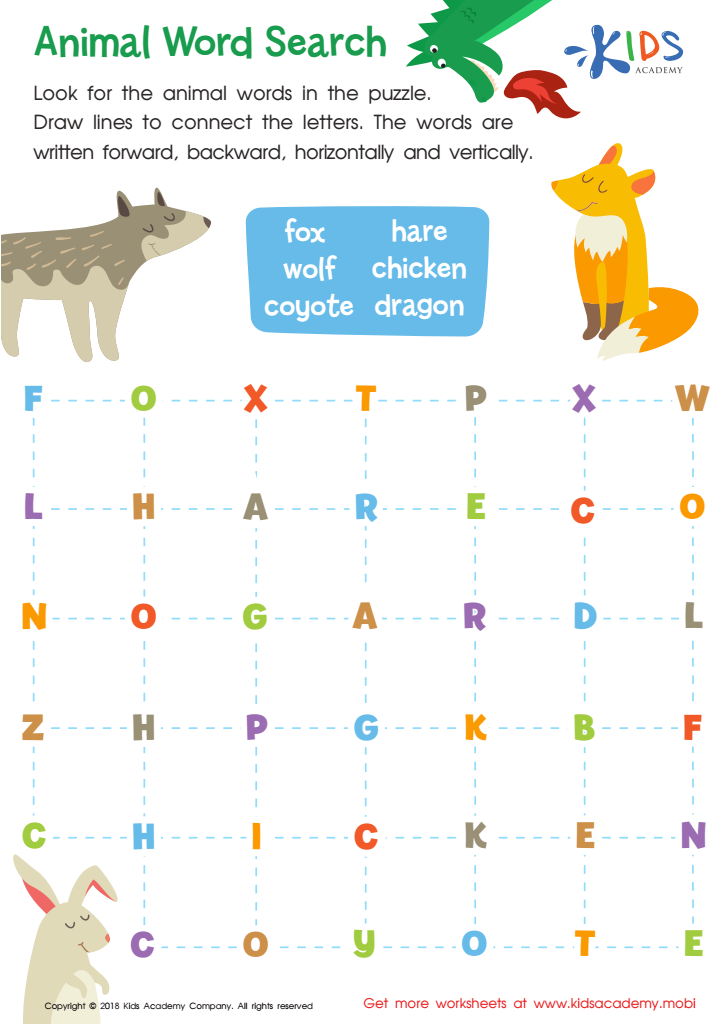

Animal Word Search Worksheet
Cognitive development in early childhood, particularly for ages 7-9, plays a vital role in shaping a child’s understanding of the world around them, including their grasp of biological concepts related to plants and animals. During this stage, children transition into more complex thinking, developing the ability to categorize, compare, and connect ideas. Understanding the characteristics, life cycles, and ecosystems of plants and animals enhances essential cognitive skills such as critical thinking, problem-solving, and creativity.
Parents and teachers should prioritize this area of learning because it fosters curiosity and nurtures a lifelong love for nature and science. By exploring topics such as plant growth and animal behavior, children learn to observe, ask questions, and seek answers, which lays the groundwork for scientific literacy. Additionally, this understanding can promote empathy and responsibility towards living things, emphasizing the importance of environmental stewardship.
Furthermore, integrating cognitive tasks related to plants and animals into learning can strengthen other academic areas such as math and literacy. Engaging children with hands-on experiences, like gardening or observing animals, can enrich their understanding and retention. Ultimately, fostering cognitive development regarding normal plants and animals helps build well-rounded individuals equipped with knowledge, skills, and respect for the natural world.
 Assign to My Students
Assign to My Students
